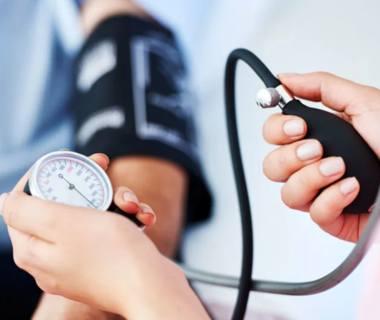
Blood pressure, also known as hypertension, is a common condition in which the force of blood against the walls of the arteries is too high. High blood pressure can lead to serious health problems, such as heart attack, stroke, and kidney disease.
To control blood pressure, it's important to make lifestyle changes, such as eating a healthy diet, getting regular exercise, and maintaining a healthy weight. Eating a diet rich in fruits, vegetables, and whole grains, and low in sodium and saturated fat can help lower blood pressure. Regular physical activity, such as brisk walking or cycling, can also help lower blood pressure and improve cardiovascular health.
In addition to lifestyle changes, medication may be prescribed to help control blood pressure. Common types of blood pressure medication include diuretics, beta-blockers, ACE inhibitors, and calcium channel blockers. These medications work by different mechanisms to lower blood pressure and protect the heart and blood vessels.
It is also important to monitor your blood pressure regularly. Your healthcare provider can help you determine how often you should check your blood pressure, and can also help you interpret the results.
To summarize, controlling blood pressure involves making lifestyle changes, such as eating a healthy diet, getting regular exercise, and maintaining a healthy weight. Medications may also be prescribed to help lower blood pressure. Regular monitoring is also important to ensure that blood pressure is under control.
It's important to remember that controlling blood pressure is a lifelong process, and it may take some time to find the right combination of lifestyle changes and medications that work for you. With the right treatment plan and support, you can effectively manage blood pressure and reduce your risk of serious health problems.
